Cryptocurrency questions and answers to help you invest wisely
The value of the world’s cryptocurrencies sits near $4 trillion, so is it time for all investors to take notice?
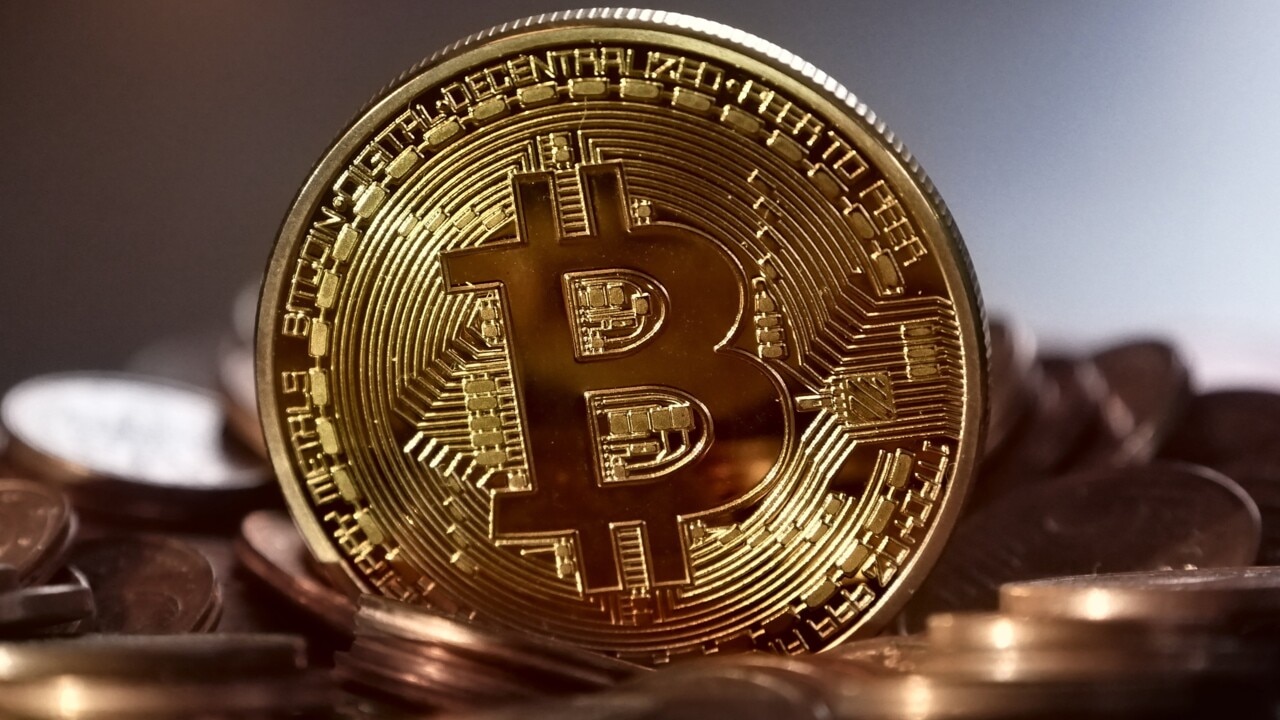
Some call it the future of money. Others call it a giant scam.
Whatever your views on cryptocurrency, there’s no denying that it’s become a big deal quickly.
It started just over a decade ago with bitcoin, and now there are thousands of cryptocurrencies with a combined asset value of about $4 trillion.
Some people have made millions of dollars trading crypto while others have lost just as much.
Before deciding whether you join the crypto crowd, here are some key things to consider.
WHAT IS CRYPTOCURRENCY?
It’s a currency that only exists electronically, and is also known as a virtual or digital currency.
Research agency Fifth Dimension Consulting’s founder and CEO, Lyndall Spooner, says crypto now represents about 7 per cent of the world’s money and this is growing.
“Bitcoin is the most well-known because it was the first,” she says.
While it may seem like crypto is created out of thin air, that’s not the case.
The currencies are “mined” through complex computing processes that produce and validate the code for each digital coin, which is then recorded on a blockchain ledger – a type of shared database.
“This ledger ensures that each coin exists in a permanent electronic form and can be transacted between people and companies – with every transaction recorded by the blockchain,” Spooner says.
WHAT IS IT USED FOR?
A growing number of businesses accept bitcoin as a currency, including PayPal and Microsoft, but overall the proportion of retailers happy to be paid in crypto is still tiny.
Its biggest use by far is speculators and investors hoping to make money by riding its extreme volatility that has created many crypto millionaires.
From mid-2020 bitcoin’s price surged six-fold over nine months, then halved, then doubled, then dropped by 25 per cent – not your typical currency offering stability as a reliable store of value, but still capturing the imaginations of millions.
Crypto enables anonymous transactions off the radars of banks and governments, making it popular among criminal elements.
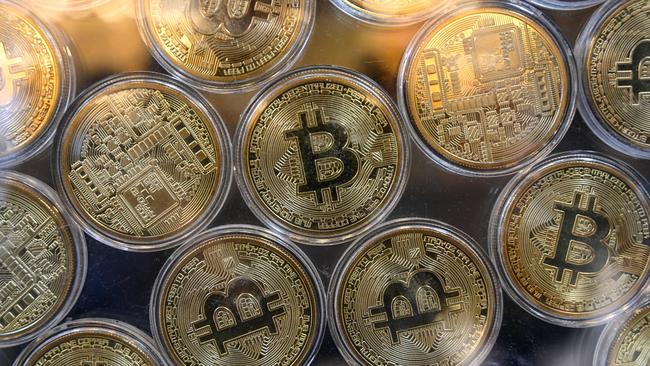
WHO SHOULD BUY IT?
Crypto investors fit broadly in couple of camps – people who are convinced the digital currencies will transform the way we transact, and those who want to ride the rollercoaster and make some profits.
Spooner says many people are attracted by the fact that cryptocurrencies are “truly democratised currencies that are not controlled by any government”.
“This can give some people greater confidence in the currency when they do not have confidence in their own government or financial system,” she says.
“You can trade cryptocurrency coins and use them to buy things anywhere in the world from your own digital wallet without ever having to deal with a bank and the value is independent of the actions of governments.”
If you’re treating it as an investment, only spend what you’re prepared to lose – as it’s guaranteed that not all of the thousands of cryptos currently being traded will survive long-term.
WHO SHOULD IGNORE IT?
If you don’t like investment risk, and the thought of buying shares gives you the heebie-jeebies, perhaps steer clear of crypto.
Supporters say it’s only a matter of time before everybody will be forced to take notice of it, and point to the early internet sceptics who now have egg on their face.
Critics say many cryptocurrencies are Ponzi schemes that will eventually collapse when there are no suckers left to buy in.
IS IT REALLY THE FUTURE?
True believers say “absolutely” and even central banks – which print and create traditional paper currencies – are considering creating their own cryptocurrencies.
The Reserve Bank of Australia has signalled it will develop its own digital currency as financial payments evolve beyond traditional cash.
AMP chief economist Dr Shane Oliver believes these central bank cryptocurrencies have a brighter future than most of today’s private cryptocurrencies.
BTC Markets chief executive officer Carolyn Bowler describes crypto as “an asset class for our future”.
“Not everyone may invest in it, but everyone will need to become comfortable with it,” she says.
“It’s really in its infancy. What started as one single blockchain, bitcoin, has grown to encompass thousands of projects. It now spans financial services, the arts, sports, fashion and more.”
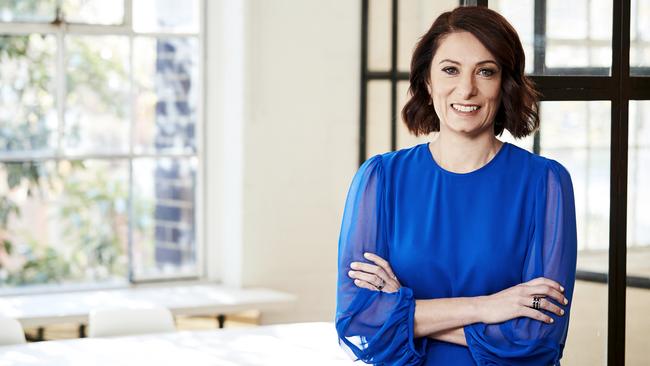
CAN YOU MAKE A QUICK BUCK?
You certainly can, and you can lose your money just as quickly.
Many crypto investors hold multiple currencies. Bitcoin and Ethereum are the two biggest ones, but the fastest gains come from smaller emerging digital coins.
For example, Avalanche tokens increased tenfold between July and December, Solana is up five-fold, while joke and meme coins such as Dogecoin and Shiba Inu multiplied many times in value during 2021 before sinking sharply.
HOW AND WHEN SHOULD YOU BUY?
Most people start buying through a cryptocurrency exchange – the biggest in Australia include Coinspot, Binance, Independent Reserve and Swyftx.
Take care with smaller exchanges with no history, as these have too frequently gone bust and taken all of their investors’ crypto with them.
As for the question of when, that’s the age-old dilemma for investors in any asset. You can get started with as little as $1, so consider buying into the market at regular intervals with smaller amounts rather than one big splurge.
HOW AND WHEN SHOULD YOU SELL?
The short answer is when you’re happy with the profit you’ve made, or if you’ve had enough of losses caused by betting on the wrong digital coins.
Understand that the Australian Taxation Office treats bitcoin like other assets, so any capital gain gets added to your taxable income in the year of sale. If you’ve held it for more than a year, the capital gains tax gets cut by 50 per cent, so this could play a role in timing your sales.
HOW CAN YOU PICK THE RIGHT ONE?
Another tough question that investors everywhere ask about all assets all the time.
Crypto’s confusing technologies add an extra layer of complexity, and Spooner suggests doing your research about which cryptocurrencies to buy and when.
“Remember, like shares, some cryptocurrencies can go under and many have, so be careful of investing in something that seems too good to be true – it just might be,” she says.

TAKING A LONG-TERM VIEW
Raj Varan has invested in several cryptocurrency tokens and says he’s in it for the long haul.
“As a passive investor, I am not trying to time the market,” says Varan, a sales development representative at people-management platform Employment Hero.
“The price volatility is extreme in crypto and not good for your health,” he says.
Instead, Varan is focusing on investment growth over five to 10 years from projects that help build infrastructure for the crypto ecosystem.
“Essentially in a gold rush, I am looking for businesses that are selling spades – as opposed to meme cryptos,” he says.
“I have bought Avalanche, Matic and Chainlink … as long as the crypto-thematic wins in the long-term they will steadily increase in price and capture value.”
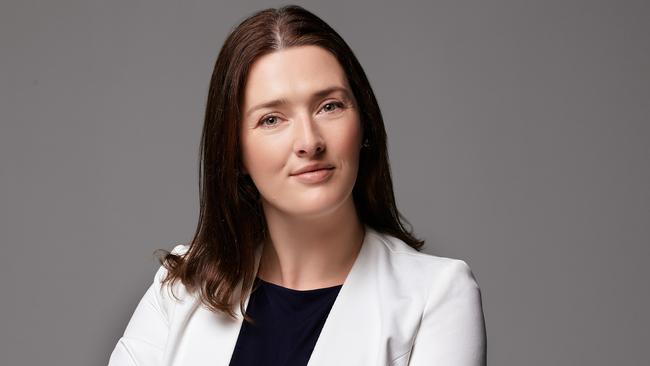
THE CASE FOR …
By Caroline Bowler, BTC Markets chief executive officer
Crypto can be an easily-accessible investment for any Australian.
You can start from as little as $1, with trading available 24 hours a day, seven days a week. As it’s digital, you don’t need to buy an entire bitcoin.
Regulation is on its way for Australia which will give investors confidence in the industry. Once you’ve opened an account with a reputable Aussie exchange, a process similar to a bank account, you can get started. There is no need for a broker or anyone else to add costs or trade on your behalf.
Cryptocurrency started off as Bitcoin and has grown since there. We’ve seen it grow from a small network dotted around the globe, into interconnected and engaged communities.
The blockchain universe is expanding at a breathtaking pace. Decentralised finance and non-fungible tokens (NFTs) are the two big trends for this year.
The metaverse has only just begun and crypto-projects will play a key role as it develops.
There are lots of reasons to be positive about its future.

WHY I’M SCEPTICAL …
By Shane Oliver, AMP head of investment strategy
I think there’s a huge future in blockchain distributed ledger technology but I’m not at all convinced that the 10,000 or so cryptocurrencies out there are going to be the ones that benefit, or, if some do, whether it can be separated from the crypto hype.
I’m sceptical that those currencies will be the ones we transact with in the future. The more likely scenario is that central banks create their own digital currencies and we use them.
There’s very few transactions involving goods and services done using Bitcoin because it’s too slow and too expensive to do. Most trading in it is either speculation or for illegal activity. It’s not functional as a digital currency because of its extreme volatility.
Why are you investing in it? Is it just because its gone up? But how can you value it? That’s where it falls down. If you buy a property you can touch and feel it and get rent. Similar with shares. With bitcoin you have no idea because it doesn’t generate a fundamental income.
Bitcoin is more speculation than investment. It’s a punt because you feel other people may pay you more for it in a year’s time.




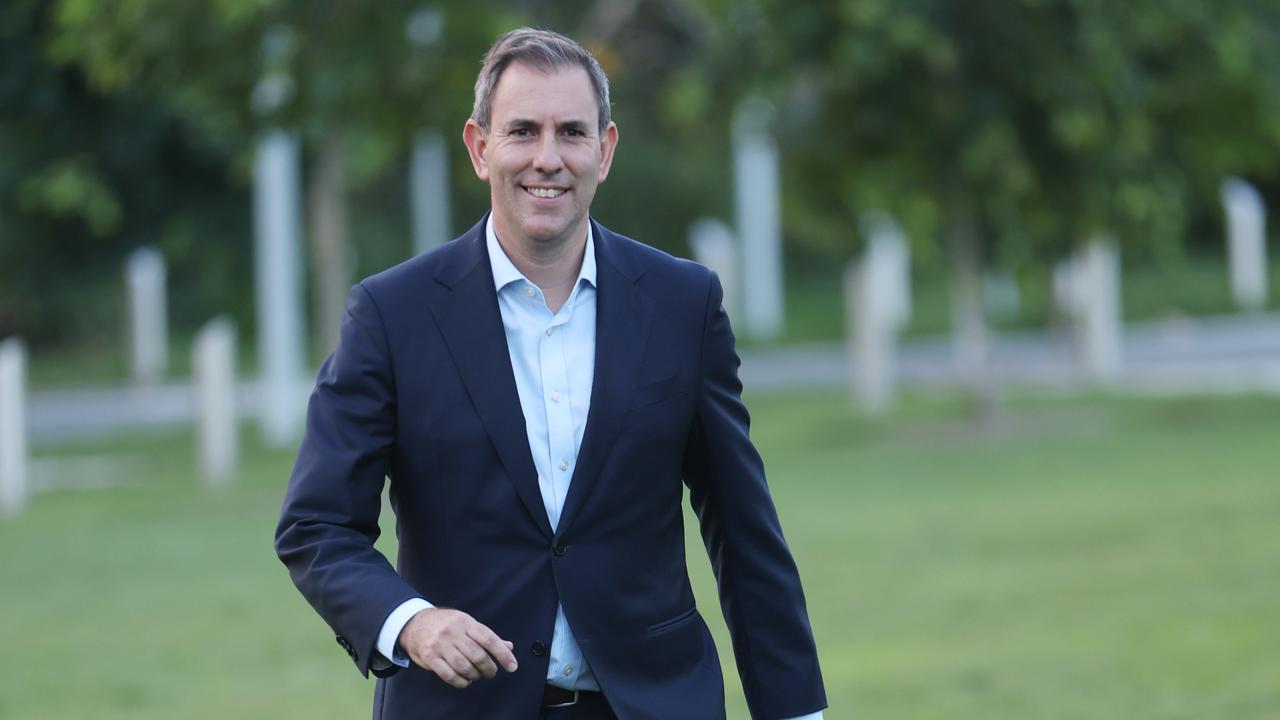

To join the conversation, please log in. Don't have an account? Register
Join the conversation, you are commenting as Logout